Seminars
Upcoming Seminars
Stay tune!
Past Seminars
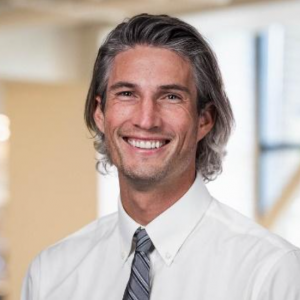
Preserving History: Lessons Learned Through Historic Restoration Projects
October 18, 2023 - 12:00 pm
Speaker: Peter Maloney and Lindsey Kuster
Restoring historic buildings presents a unique set of challenges for structural engineers, especially when dealing with archaic materials which have experienced long-term deterioration. This presentation will explore insights gained from two recent projects: a condition assessment and structural evaluation of the iconic Tustin Hangars, and the restoration and reconstruction of the Balboa Botanical Building in Balboa Park. Through these case studies, we’ll discuss the requirements of the Historic Building Code and the challenges of working on 100-year-old + structures.
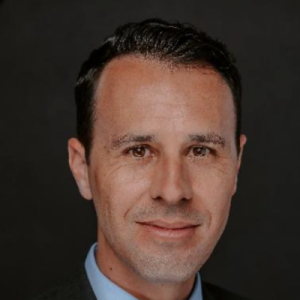
LANL Test Engineering's Structural Dynamics Research and Development Efforts
October 11, 2023 - 12:00 pm
Speaker: Dr. Scott Anthony Ouellette
LANL’s Test Engineering organization serves the national mission of maintaining a strategic nuclear deterrent by providing high-quality empirical evidence through the execution and assessment of weapons system and component testing. Shock and vibration environmental testing provides one key piece of evidence for evaluation and qualification of these systems and components in the service environments incurred during a lifetime in the stockpile.
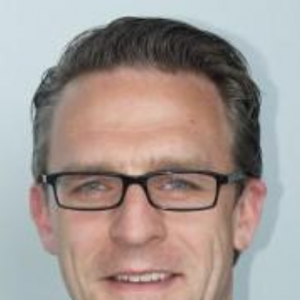
PUMA: A Rapid Enriched Simulation Development Framework - Efficiency & Scalability through Optimal Enrichments
October 04, 2023 - 12:00 pm
Speaker: Prof. Marc Alex Schweitzer
In this talk, the Partition of Unity Method (PUM) and its implementation in Fraunhofer SCAI’s PUMA software framework will be presented. The fundamental idea and benefit of the PUM is to reduce the necessary number of degrees of freedom of a simulation while attaining the required accuracy of the application by using application-dependent enrichment functions which can resolve highly localized behavior of the solution instead of using mesh-refinement and standard piecewise polynomial basis functions.
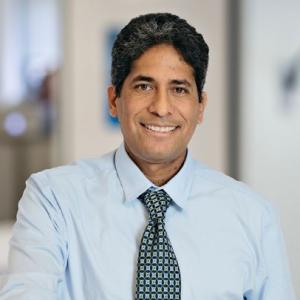
The Seismic Compliance Options for California Hospitals, an Update on SPC and NPC Requirements
June 07, 2023 - 12:00 pm
Speaker: Alvaro Celestino
California hospitals need to be seismically compliant per the requirements of the CAC by January 1, 2030. The CAC contains seismic compliance requirements for structural and non-structural elements. This presentation will discuss those requirements, progress done so far, the work ahead, possible extensions being discussed at the state level. Case studies will be discussed to highlight the process of seismic compliance.

Moffatt & Nichol – Overview of SD Projects
May 31, 2023 - 12:00 pm
Speaker: Patrick Chang & Valentina Vasquez
In 1941, John G. Moffatt and Frank E. Nichol formed partnerships in California to provide engineering and design services to the growing marine infrastructure of the West Coast of the United States. Initially, Moffatt & Nichol concentrated on harbor works and waterways, bridges, buildings, industrial facilities, military installations, and public works.

Utilizing Universal Panel Tester to Study Shear Behavior of Ultra-High-Performance Concrete
May 24, 2023 - 12:00 pm
Speaker: Dr. Dimitrios Kalliontzis
To prevent brittle failures of Ultra-High-Performance Concrete (UHPC) members due to diagonal shear cracks, it is crucial to better understand the shear-dominated mechanisms of UHPC. These mechanisms can be affected by the tension and compression fields developed in UHPC, which is investigated in this study through experiments of combined shear and axial loading. The experimental work is carried out with the Universal Panel Tester (UPT) at the University of Houston, where four unreinforced UHPC elements are tested, representing web elements cut out from large-scale UHPC beams.

Using ML to aid in True Performance Based Design of Isolated Buildings
May 22, 2023 - 12:00 pm
Speaker: Dr. Tracy Becker
Base isolation systems are often chosen in structural engineering to outperform conventional structural designs, allowing designers and owners to achieve high performance goals. However, achieving specific performance targets requires numerous high-fidelity analyses and often involves iteration in design, and analyzing their behavior in extreme events remains a difficult and computationally expensive task, especially when exploring diverse design options.
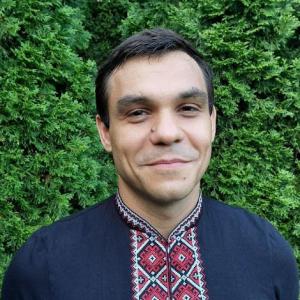
Coupled Processes in Subsurface Shales
May 15, 2023 - 12:00 pm
Speaker: Dr. Roman Makhnenko
Tight shale-like formations are often considered as barriers for fluid flow in geo-energy projects, such as CO 2 and H 2 storage or deep disposal of nuclear waste. The appropriate shale formations should have high clay content and dominant pore sizes on the order of nanometers. Their sealing capacity is determined by high non wetting fluid entry values, low permeability, high ductility, and it varies with physical, thermal, and chemical disturbances over time.
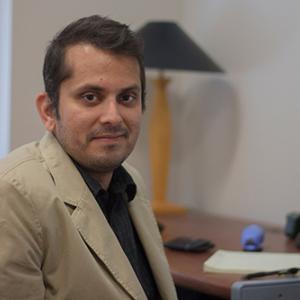
Weak Column Base Connections for Steel Moment Frames
May 08, 2023 - 12:00 pm
Speaker: Professor Amit Kanvinde
Column base connections are arguably the most important connections in steel buildings, transferring loads from the entire structure into the foundation. At the interface of steel and concrete, these connections are complex in terms of behavior, design, as well as structural interactions with the building frame. This lecture will address “Weak” column base connections for seismic conditions, wherein the base connections can be designed to sustain large inelastic rotations. This contrasts with the common practice of designing the base connections to be stronger than the attached column.
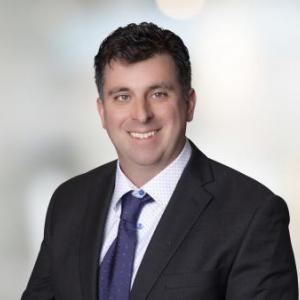
Building Tall in Today’s Environment
May 03, 2023 - 12:00 pm
Speaker: Dean Schoenberg & Mack Conachen
The presentation will focus on some of the more unique challenges that Thornton Tomasetti is facing in our industry today related to revisions in code provisions, an increased scrutiny on green building and the desire to use more sustainable construction materials such as mass timber as well as the tools we use to execute projects with complex geometry.
